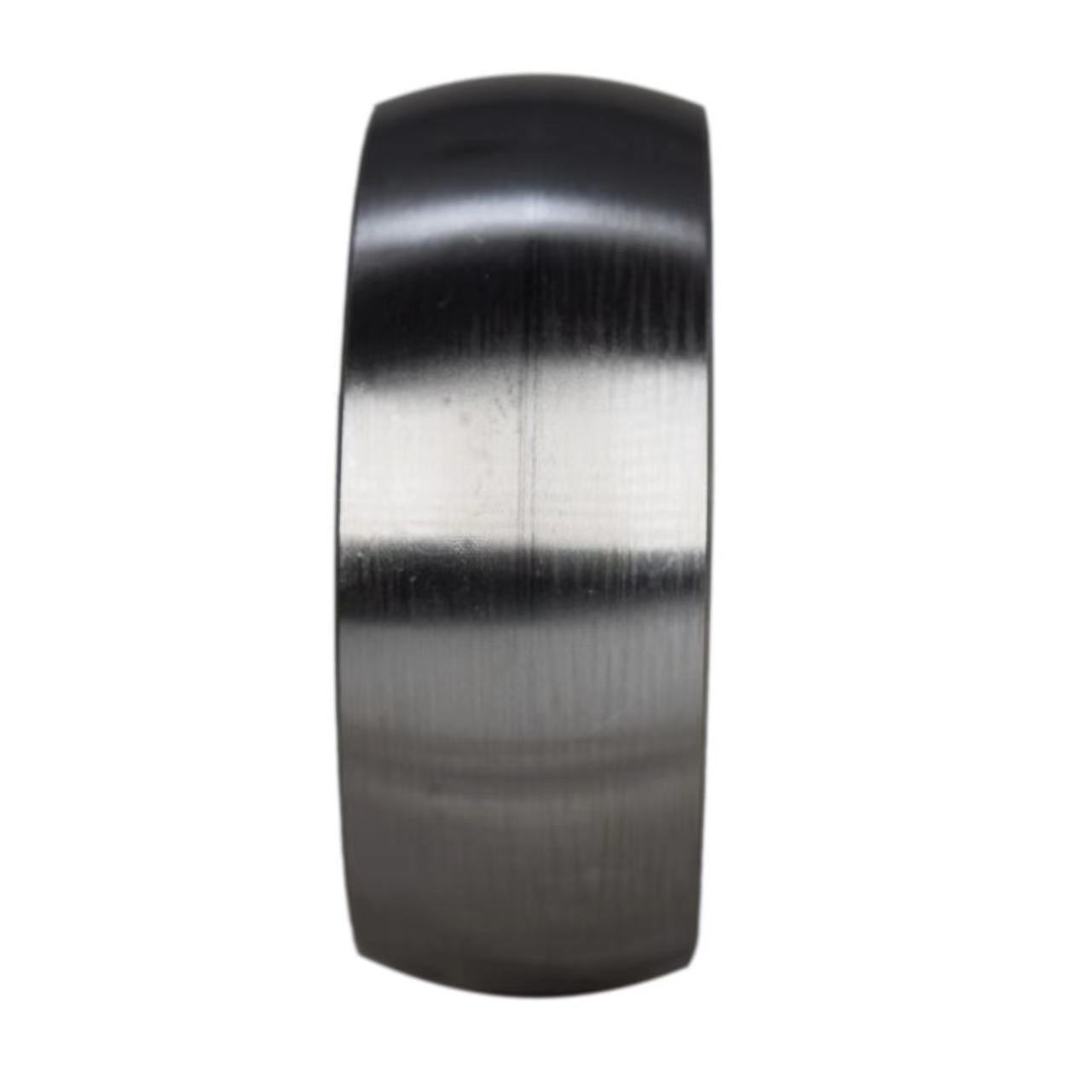Nov . 01, 2024 07:21 Back to list
Advancements in Aerospace Spherical Bearings for Enhanced Performance and Reliability
Aerospace Spherical Bearings Enhancing Performance and Reliability in Aviation
Aerospace applications present unique challenges that demand innovative engineering solutions. Among these technological advancements, spherical bearings play a critical role, particularly in the design and functionality of various aircraft components. These specialized bearings are crucial for ensuring smooth and efficient movement in systems that experience complex loads and motions, such as landing gear, control surfaces, and propulsion systems.
Spherical bearings are designed to accommodate misalignment and angular displacement. Unlike traditional cylindrical bearings, they feature a spherical outer surface that allows for a range of motion in multiple directions. This flexibility is essential in aerospace environments, where components may experience varying loads and thermal expansions due to altitude changes and temperature fluctuations. The ability to maintain optimal movement while absorbing these variations enhances the reliability and longevity of aircraft systems.
The manufacturing process of aerospace spherical bearings involves stringent quality control measures to meet the high-performance standards of the industry
. These bearings are typically constructed from advanced materials such as titanium alloys or composite materials, which provide exceptional strength-to-weight ratios and resistance to corrosion. Furthermore, the use of specialized lubricants ensures that these bearings can operate efficiently under the high speeds and temperatures typical in aerospace applications.aerospace spherical bearings

One significant advantage of spherical bearings in the aerospace sector is their contribution to weight reduction. In aviation, every ounce counts; even a small decrease in weight can lead to improved fuel efficiency and increased payload capabilities. Spherical bearings provide a lightweight yet strong solution, allowing designers to optimize aircraft performance while adhering to strict safety regulations.
As technology progresses, the future of aerospace spherical bearings looks promising. Emerging innovations such as additive manufacturing are enabling the production of more complex bearing designs, improving performance while reducing manufacturing costs. Additionally, advancements in materials science are leading to the development of bearings that are even more resistant to wear and fatigue, further enhancing their durability in demanding aerospace environments.
In conclusion, aerospace spherical bearings are indispensable components that contribute significantly to the efficiency, reliability, and safety of modern aircraft. As the aviation industry continues to evolve, these bearings will play a vital role in the development of next-generation aircraft, ensuring they meet the rigorous demands of performance and safety while pushing the boundaries of aerospace engineering.
Latest news
-
25MM 2 BOLT UCFLX05-14 Flange bearing unit( oval)
NewsMar.07,2025
-
4 bolt UCF 200 series Pillow block bearings
NewsMar.07,2025
-
25MM 2 BOLT UCFLX05-14 Flange bearing unit( oval)
NewsMar.07,2025
-
UCF216-50 4-Bolt Flange Housing Square Bearing
NewsMar.07,2025
-
25MM 2 BOLT UCFLX05-14 Flange bearing unit( oval)
NewsMar.07,2025
-
spherical roller bearing material exporter
NewsMar.07,2025





